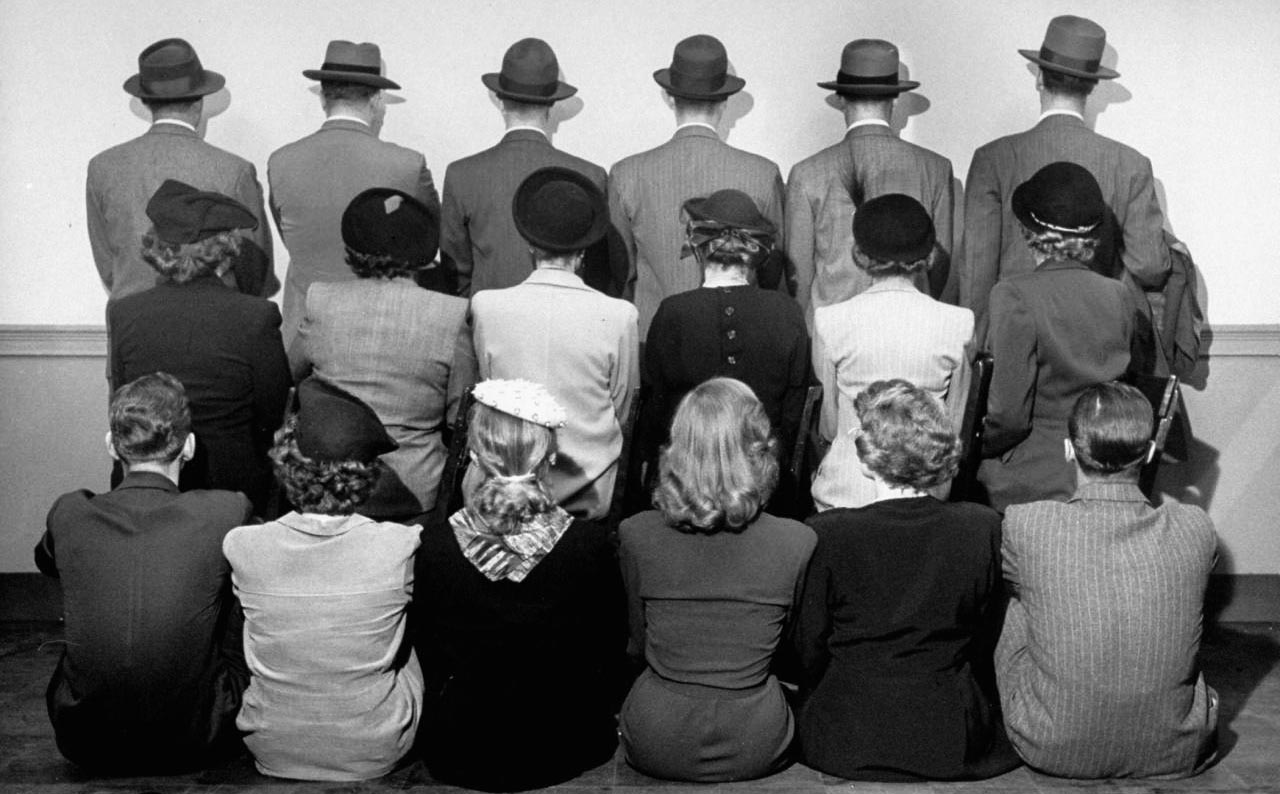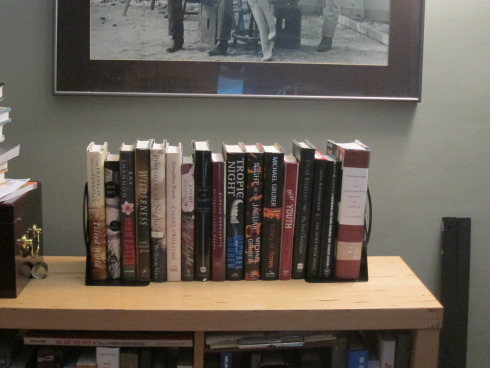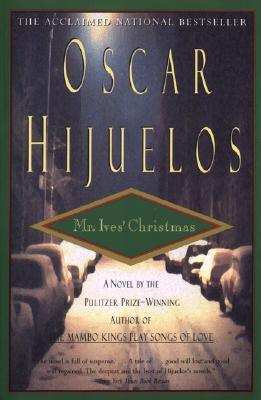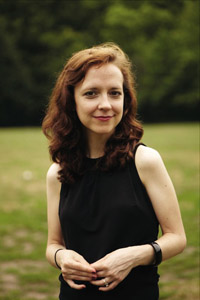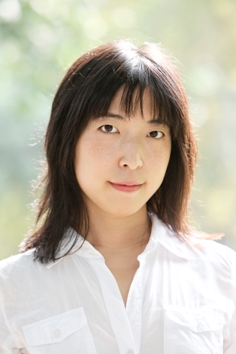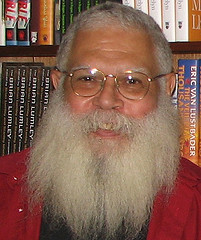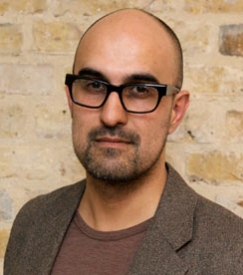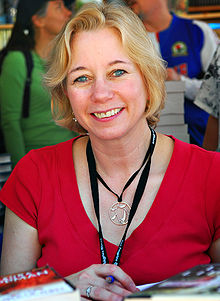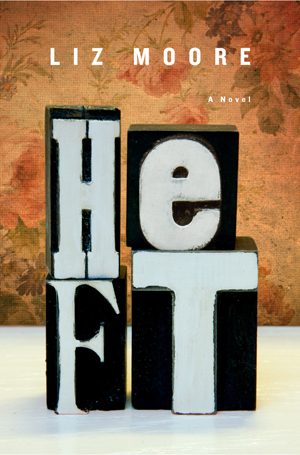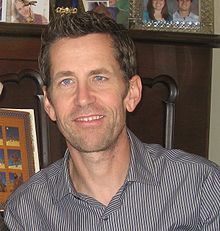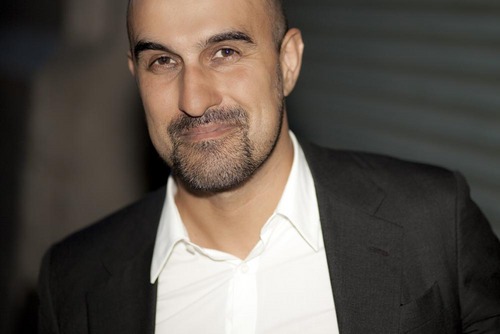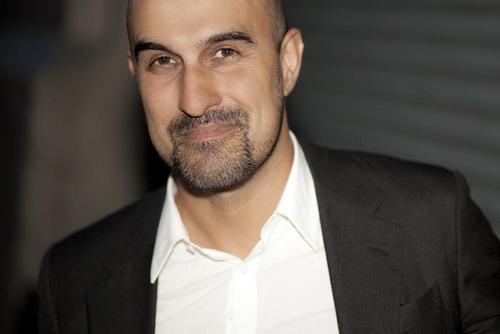(A version of this post originally appeared at Our Man in Boston. This piece was copyedited — with all book titles and author spellings corrected — before being published on Reluctant Habits.)
[EDITOR’S NOTE: Prolific literary journalist Robert Birnbaum, whose conversations have adorned The Morning News, Identity Theory, and The Los Angeles Review of Books, decided to combat year-end list fatigue by contacting several esteemed authors. He asked them to remark upon books they felt were ignored or overlooked. Some of the authors named titles published in 2013. Others expanded the possibilities to the entire history of published literature. What follows is the result of Birnbaum’s grand experiment, along with some sentiments from Birnbaum himself.]
 Adult onset solipsism can be distinguished from the youth version of self-centeredness by the admission that, as Van Morrison croons in “The Meaning of Loneliness,” “it takes a lifetime just to know yourself.” Thus, one is beset with constant instances of self-doubt and self-interrogation. One coping mechanism or technique I have employed to gain a foothold on serenity and enlightenment is to regulate or gate-keep my intake of information, allowing my intuition to guide me. For example, I am prepared to make decisions on what to investigate further past a snappy headline or synopsis. As in my immediate disinterest for going any further in the text when I encountered this fatuous mandate at Arts and Letters Daily: “‘Undergraduates should be kept away from theory at all costs,’ says _____ __________. ‘They should read Kael, not Derrida…'” Immediately sensing its syllogistic unsoundness, I saw this bit of grandiloquence as the kind of Tourette’s outburst one might encounter at a faculty meeting or a party. Of course, one of the joys of engaging this form of short form journalism (web journalizing) is the opportunity to engage in such orotund pronouncements.
Adult onset solipsism can be distinguished from the youth version of self-centeredness by the admission that, as Van Morrison croons in “The Meaning of Loneliness,” “it takes a lifetime just to know yourself.” Thus, one is beset with constant instances of self-doubt and self-interrogation. One coping mechanism or technique I have employed to gain a foothold on serenity and enlightenment is to regulate or gate-keep my intake of information, allowing my intuition to guide me. For example, I am prepared to make decisions on what to investigate further past a snappy headline or synopsis. As in my immediate disinterest for going any further in the text when I encountered this fatuous mandate at Arts and Letters Daily: “‘Undergraduates should be kept away from theory at all costs,’ says _____ __________. ‘They should read Kael, not Derrida…'” Immediately sensing its syllogistic unsoundness, I saw this bit of grandiloquence as the kind of Tourette’s outburst one might encounter at a faculty meeting or a party. Of course, one of the joys of engaging this form of short form journalism (web journalizing) is the opportunity to engage in such orotund pronouncements.
Okay. For the longest time, I had an aversion to lists, viewing them as a lazy journalistic ploy to contribute to the ongoing dumbing down of everything (uh, I still think I am correct about that). On the other hand, I can see some creative usefulness in lists. Umberto Eco creates some that interesting. And then there is Paul Zimmer’s poem, “Zimmer Imagines Heaven,” where in his recording of it introduces it as a “list” and encourages people to make their own lists:
I sit with Joseph Conrad in Monet’s garden,
We are listening to Yeats chant his poems,
A breeze stirs through Thomas Hardy’s moustache,
John Skelton has gone to the house for beer,
Wanda Landowska lightly fingers a clavichord,
Along the spruce tree walk Roberto Clemente and
Thurman Munson whistle a baseball back and forth.
Mozart chats with Ellington in the roses.Monet smokes and dabs his canvas in the sun,
Brueghel and Turner set easels behind the wisteria.
the band is warming up in the Big Studio:
Bean, Brute, Bird and Serge on saxes,
Kai, Bill Harris, Lawrence Brown, trombones,
Klook plays drums, Mingus bass, Bud the piano.
Later Madam Schumann-Heink will sing Schubert,
The monks of bendictine Abbey will chant.
There will be more poems from Emily Dickinson,
James Wright, John Clare, Walt Whitman.
Shakespeare rehearses players for King Lear.At dusk Alice Toklas brings out platters
Of Sweetbreads à la Napolitaine, Salad Livonière,
And a tureen of Gaspacho of Malaga.
After the meal Brahms passes fine cigars.
God comes then, radiant with a bottle of cognac,
She pours generously into the snifters,
I tell Her I have begun to learn what
Heaven is about. She wants to hear.
It is, I say, being thankful for eternity.
Her smile is the best part of the day.
So, here’s a list (of sorts) that I created. I considered offering reasons for my choices, but I decided to rely on your good opinion of me and your curiosity:
- Dog Boy by Eva Hornung
- Burning Marguerite by Elizabeth Inness-Brown
- Bullet Heart by Micheal Doane
- Mr. Ives’ Christmas by Oscar Hijuelos
- Morning by Walt Wetherall
- Country of the Bad Wolfes by James Carlos Blake
- Once Upon a River by Bonnie Jo Campbell
- Redemption Falls by Joseph O’Connor
- The Power of the Dog by Don Winslow
- The Darkest Jungle by Todd Balf
- Valley of Bones by Micheal Gruber
Additionally, I asked some bookish acquaintances for their recommendations of overlooked books that come to mind. (These are pretty much reprinted as I received them.)
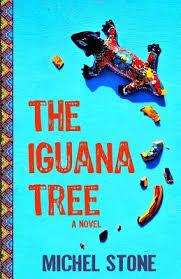 Elizabeth Cox, novelist, Night Talk (Random House):
Elizabeth Cox, novelist, Night Talk (Random House):
One overlooked novel I would like to add to the list is The Iguana Tree by Michel Stone. My husband (Mike Curtis) edited that novel and it is a good story.
David Rieff, author, Swimming in a Sea of Death: A Son’s Memoir (Simon & Schuster):
Randall Jarrell’s Pictures from an Institution
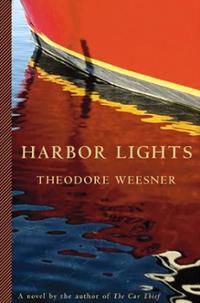 Robert Stone, novelist, Death of the Black-Haired Girl (Houghton Mifflin Harcourt):
Robert Stone, novelist, Death of the Black-Haired Girl (Houghton Mifflin Harcourt):
Off the top of my head, I recall only one, and I’ve forgotten the author’s name. There was a novel about a man in Maine published some years ago, called Harbor Lights. It was reviewed “In Brief” at the New York Times Book Review. A short, excellent novel.
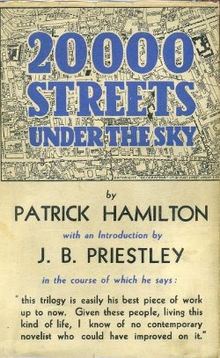 Katherine Powers, literary personage, author, Suitable Accommodations: An Autobiographical Story of Family Life (FSG):
Katherine Powers, literary personage, author, Suitable Accommodations: An Autobiographical Story of Family Life (FSG):
So, I don’t know about “tragically.” By “overlooked,” I would mean that most people haven’t heard of the following titles. They are all A+:
20,000 Streets Under the Sky by Patrick Hamilton
The Armstrong Trilogy by Roy Heath
In Hazard by Richard Hughes
The Golovlyov Family by Mikhail Saltykov-Shchedrin
Richard Russo, award winning novelist, author of Elsewhere, (Knopf), screenwriter (The Ice Harvest):
But for my bookseller daughter Emily’s recommendation, I doubt I’d have come across A Marker to Measure Drift. You might want to check to see if it did better than I imagine, but my sense is that it slipped into oblivion, and the last scene in the novel is as brutal and breathtaking as anything I’ve read in a long time.
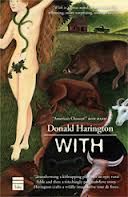 Ron Rash, novelist, The Cove (ECCO):
Ron Rash, novelist, The Cove (ECCO):
With by Donald Harington. Harington is America’s Chaucer.
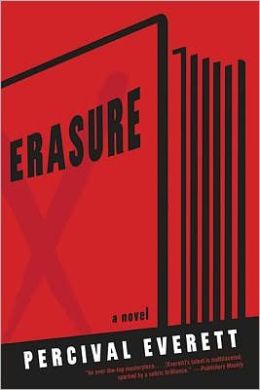 Edwidge Danticat, novelist, Claire of the Sea Light (Knopf), humanitarian:
Edwidge Danticat, novelist, Claire of the Sea Light (Knopf), humanitarian:
I’d say many of Percival Everett‘s novels including Erasure. Everett is as a brilliant at creating narratives as he is at bending genres. He has one of the least classifiable careers, but one of the most brilliant, in American letters. Everett’s 2001 masterpiece, Erasure — a parody of the African-American urban novel — offers a lyrical critique of a publishing establishment which continues to pigeonhole writers, particular African-American writers. Everett is also a respected poet and painter. His previous honors include: The PEN Center USA Award for Fiction, the Hurston/Wright Legacy Award for Fiction and the Dos Passos Prize.
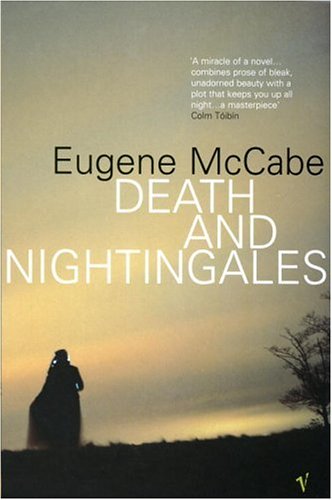 Joseph O’Connor, overlooked Irish novelist, Where Have You Been? (Harvill Secker):
Joseph O’Connor, overlooked Irish novelist, Where Have You Been? (Harvill Secker):
Tragically overlooked novels? Well, all of mine, for a start. But do you mean tragically overlooked novels from 2013 or in general? In my view, Death and Nightingales by Eugene McCabe is one of the great novels of the late 20th Century. It’s a story of thwarted love set in 1883 in rural County Fermanagh, on the border of Ulster and what is now as the Republic of Ireland. The events of a single day in the life of Elizabeth Winters provide the plot, which is so utterly gripping that you can’t stop reading. But McCabe smuggles in all sorts of darkness and depth. This is a truly brilliant book about racism, gender politics, and political rage, but the subtle (and supple) language weaves you into the story with such fierce and clever grace that you never feel you’re attending a lecture. It’s got touches of Coetzee and Faulkner, but it’s a mesmerizing smolder all on its own. If you’ve ever doubted the novel’s power to express realities that politics can’t reach, you need to read this magnificent thing.
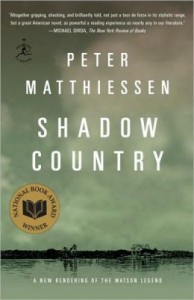 Stuart Dybek, author, Northwestern University mentor, Paper Lantern: Love Stories (FSG, forthcoming):
Stuart Dybek, author, Northwestern University mentor, Paper Lantern: Love Stories (FSG, forthcoming):
I don’t know how “overlooked” Peter Matthiessen’s Far Tortuga is, but I saw it on no lists whatsoever when the millennium nonsense was going on and I don’t think there’s been a change since.
David Thomson, cultural encyclopedia, author Moments That Made the Movies (Thames & Hudson):
Troubles by J.G Farrell. If you don’t think it’s overlooked, then try The Purchase by Linda Spalding.
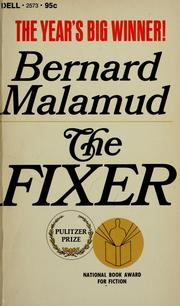 Darin Strauss, author, Half a Life: A Memoir (McSweeney’s), NYU mentor:
Darin Strauss, author, Half a Life: A Memoir (McSweeney’s), NYU mentor:
I don’t know what counts as forgotten anymore. The Fixer, which is tough and beautiful and unsentimental in its treatment of something awful? Perhaps Memento Mori, which I just read and which taught me about the consoling half-thoughts and cruelties, the passing cruelties of stupid people. (In other words, most dumbasses will act dumb and assy and never feel bad about it, will come up with reasons, in fact, to feel good about the immoral way they act.) Or maybe The Statement by Brian Moore, which is a perfect thriller, a smart philosophical treatment of evil and racism, a fun read, and about an afternoon’s read?
All of the above?
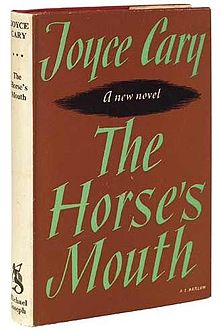 Brian Doyle, novelist, Mink River (University of Oregon Press), editor of Portland:
Brian Doyle, novelist, Mink River (University of Oregon Press), editor of Portland:
Hmmm. Maybe The Horse’s Mouth by Joyce Cary. Best novel I ever read, period, but not one that many people have on their shelves. Also made into a terrific movie, which is a rare case of a glorious novel being made into a glorious movie. The few others I know: Little Big Man, To Kill a Mockingbird, A River Runs Through It, Lord of the Rings, The Year of Living Dangerously, maybe The English Patient, maybe Master and Commander.
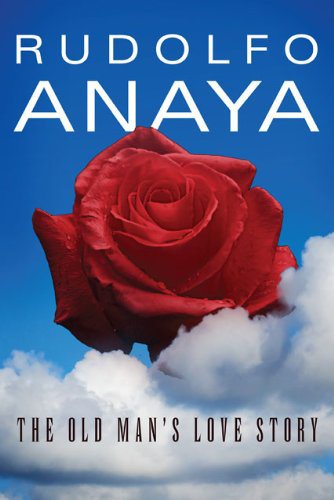 Daniel Olivas, novelist, The Book of Want (University of Arizona Press):
Daniel Olivas, novelist, The Book of Want (University of Arizona Press):
The Old Man’s Love Story by Rudolfo Anaya
I interviewed him for the first print. Enjoy the list-making edition of the Los Angeles Review of Books regarding this novel. It’s quite beautiful, but did not receive the kind of coverage it should have.
Michael A. Orthofer, editor, éminence grise, editor of The Complete Review:
Way too much gets way too overlooked, but I guess I’d suggest: Where Tigers Are at Home by Jean-Marie Blas de Roblès (which seems to have gotten almost no review — and little reader-attention). Runner-up: Tirza by Arnon Grunberg, which got a bit more attention but nowhere what it deserves (it’s a best-of-year contender) —- perhaps overshadowed by Herman Koch’s somewhat similar (and considerably inferior) The Dinner. Still: that’s just the tip of the overlooked iceberg.
Ben Fountain, award-winning author, Billy Lynn’s Long Halftime Walk (Ecco):
Several come to mind:
Little Big Man by Thomas Berger. I don’t know if it could be called “tragically overlooked,” given that it was made into a blockbuster movie in the late ’60s, but nobody talks about it much these days. I think it’s one of the Great American Novels. Top ten for sure, maybe top five.
We Agreed to Meet Just Here by Scott Blackwood. A lovely, short novel that came out about seven to eight years ago. It won the AWP award, and Scott subsequently got a Whiting Award on the strength of it. It’s just about perfect. His forthcoming novel from Knopf is even better.
The Gay Place by Billy Lee Brammer. A novel of Texas politics, published 1961 or ’62.
Robert McCrum, author, Globish: How English Became the World’s Language (W.W. Norton):
Hadrian the Seventh by Frederick Rolfe.
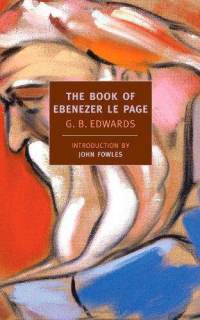 Allan Gurganus, novella-ist, Local Souls:
Allan Gurganus, novella-ist, Local Souls:
The Book of Ebenezer Le Page by G.B. Edwards: This is the single novel by a bureaucrat who spent his life on the Isle of Guernsey. G.B. Edwards imagined a trilogy of such works but he died in a mainland boarding house with this manuscript under his bed. The landlady got it published in 1981. The work is erotic, tumultuous and heroic as a Beethoven symphony. We get the twisted history of incestuous island families. We get the German occupation of the island during World War II. Love stories are offset by men battling the ocean and its creatures. This novel, a rare instance of folk art in narrative, deserves a larger readership, a secure place in our literature.
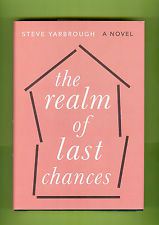 Gary Fisketjon, veteran editor at Knopf:
Gary Fisketjon, veteran editor at Knopf:
Indeed, I could fill a volume in that category with many new additions every fucking year. But given that we’re in 2013, I’d say that Steve Yarbrough’s The Realm of Last Chances has been overlooked most tragically. That’s one reason my only lingering resolution -– to quit smoking -– always fails to get any real traction.
Billy Giraldi, novelist, Busy Monsters (WW Norton), critic, essayist, long-form journalist editor, Agni:
Indeed. Caleb Williams by William Godwin and The Woman in White by Wilkie Collins. Neglected masterworks of suspense, both of them. Divinely written.
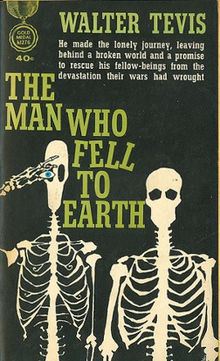
Hari Kunzru, novelist, Gods without Men (Knopf):
I’ll nominate Walter Tevis’s The Man Who Fell To Earth. Bowie fans have seen the movie, but the book is beautiful and poised. As if Richard Yates wrote speculative fiction.
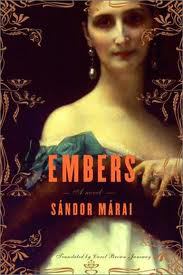 Joseph Epstein, short fiction writer, The Love Song of A. Jerome Minkoff: And Other Stories (HMH):
Joseph Epstein, short fiction writer, The Love Song of A. Jerome Minkoff: And Other Stories (HMH):
1. Giuseppe Di Lampedusa’s The Leopard.
2. Sándor Márai’s Embers.
I’m not sure if these are tragically overlooked or merely insufficiently well-known, but both are swell novels.
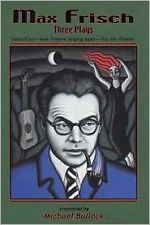 Sven Birkerts, Literary Man for All Seasons, editor, Agni, memoirist, writing program administrator (Bennington):
Sven Birkerts, Literary Man for All Seasons, editor, Agni, memoirist, writing program administrator (Bennington):
I’m Not Stiller by Max Frisch
The German Lesson by Siegfried Lenz
The Death of a Beekeeper by Lars Gustafsson
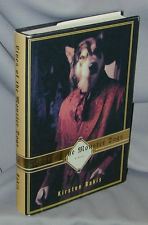 Tom Piazza, novelist, City of Refuge (Ecco), screenwriter (Treme), musical connoisseur:
Tom Piazza, novelist, City of Refuge (Ecco), screenwriter (Treme), musical connoisseur:
I’d have to vote for Buddenbrooks by Thomas Mann, in the H.T. Lowe-Porter translation. Mann is underread in general these days, but Buddenbrooks was a masterpiece. People tend to think it’s just a 19th century family saga, but it’s really a book that combines 19th century techniques and sonorities with startlingly modern technical strategies that get missed because they work wholly in the service of the narrative. It’s almost like a Mahler symphony — one foot in the 19th century and one stepping off the cliff into the unspooling chaos of the 20th. Very important to get the old Lowe-Porter translation. Random House made the mistake of letting somebody “update” the translation and they ruined it, sort of the way Pevear and Volokhonsky ruin the Russians.
Among contemporary books, Lives of the Monster Dogs should have made Kirsten Bakis a big literary star.
Susan Bergholz, nonpareil and sage literary agent (Eduardo Galeano, et al):
Here you go. Can’t do just one! Log of the S.S. The Mrs. Unguentine by Stanley Crawford, simply the best book about marriage ever written in the US by a living treasure. The Power of the Dog by Thomas Savage: dead now, extraordinary work. An Imaginary Life by David Malouf: a pitch-perfect novel, except for the Afterword. The Time of Our Singing by Richard Powers, our most brilliant and amazing male novelist; makes Franzen and company sound as though they are writing soap operas. Prepare for his novel out in January, Orfeo: stunning!
I forgot one very important novel: Caramelo by Sandra Cisneros
And another one: In the Palm of Darkness by Mayra Montero
And: Their Dogs Came with Them by Helena Maria Viramontes.
Okay. I’ll stop now!
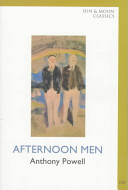
Blake Bailey, literary biographer, Farther & Wilder: The Lost Weekends and Literary Dreams of Charles Jackson (Knopf):
The Lost Weekend, of course. And Anthony Powell’s first novel, Afternoon Men.
